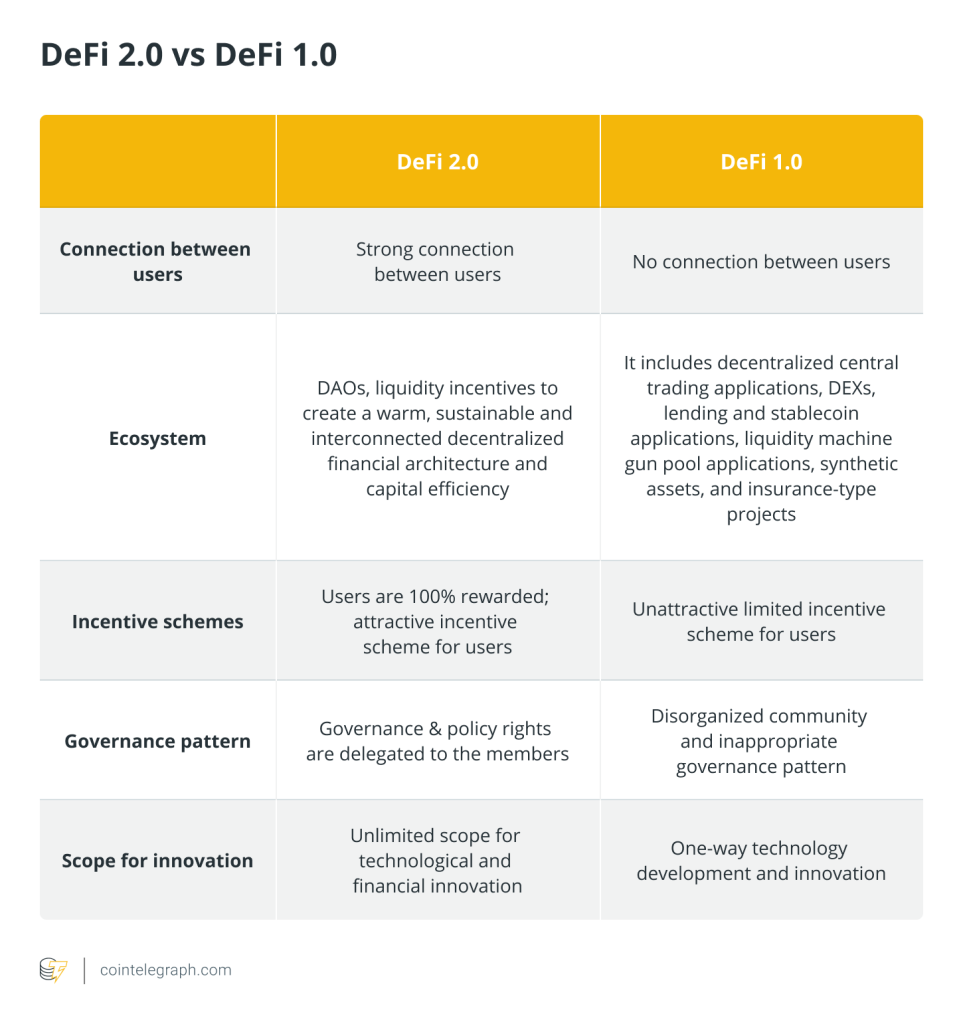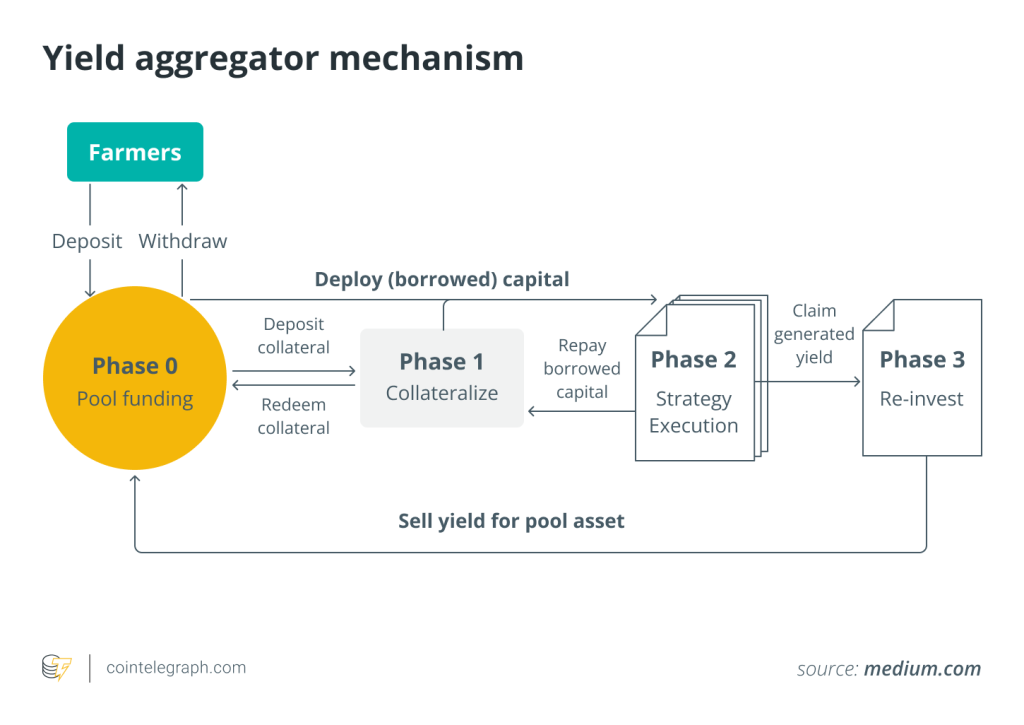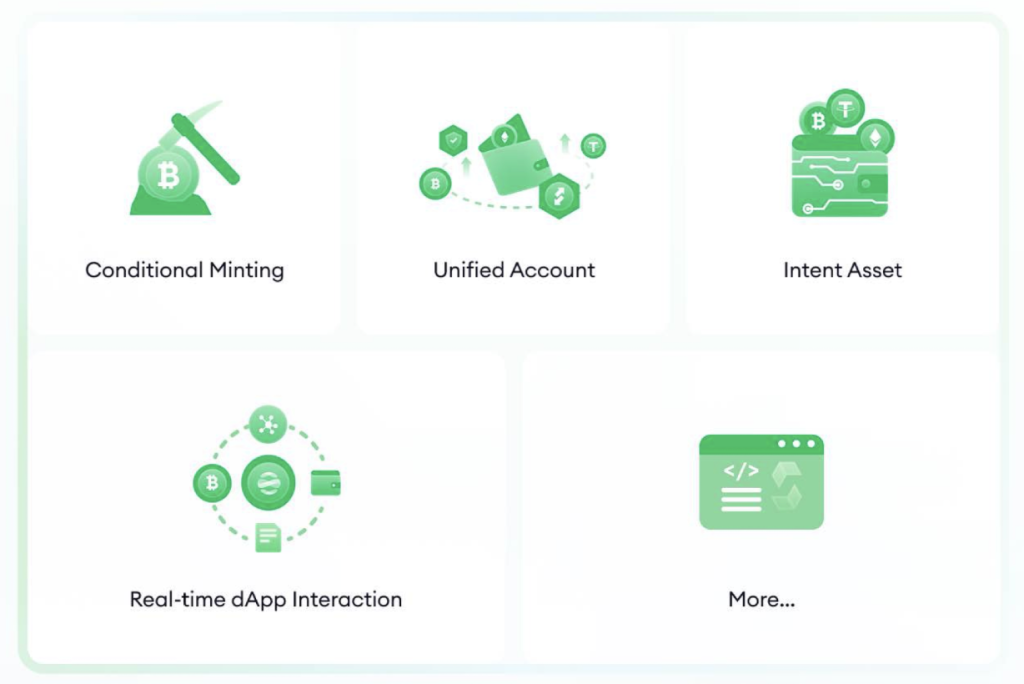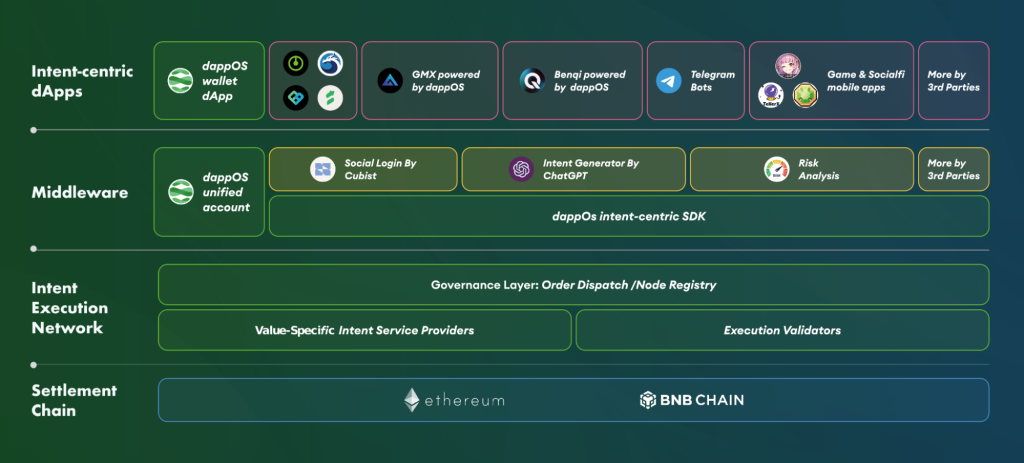Polychain leads $6.7M investment in new Bitcoin-centric yield network Corn
Corn aims to unlock more of Bitcoin’s $1.1 trillion liquidity for DeFi applications.
Polychain Capital has announced a $6.7 million investment into a new Bitcoin-centric yield-generating network.
The $6.7 million investment was received by Corn, a new Ethereum layer-2 (L2) network that uses a tokenized version of Bitcoin (BTC) for gas fees and economic incentives on the network, tickered BTCN.
Corn launched on Aug. 19 with the goal of enhancing the utility of the world’s first cryptocurrency and introducing new yield-generating opportunities, according to Chris Spadafora, the founder of Corn and BadgerDAO.
He told Cointelegraph:
“By aligning network participants through the power of Super Yield Farming, ensuring foundational token utility, and putting Bitcoin in the driver seat, Corn is definitely not just another vanilla chain launch.”
The 2024 bull cycle saw an array of new yield-generating opportunities launching for crypto investors. In February, Ethena’s USDe synthetic dollar launched with a 27.6% annual percentage yield.
Despite widespread concern over the sustainability of the high yield, Ethena became the highest-earning decentralized application in crypto after surpassing $6.8 million in daily cumulative revenue on March 8.
Related: Institutional adoption of Bitcoin ETFs surges 27% in Q2
Corn’s BTCN could unlock Bitcoin liquidity for DeFi
With an over $1.1 trillion market capitalization, Bitcoin holds a significant amount of locked liquidity that could benefit new decentralized finance (DeFi) segments.
Unlocking Bitcoin’s trillion-dollar liquidity is among Corn protocol’s biggest goals, according to Spadafora, who said:
“The BTCN unlocks the Bitcoin liquidity for DeFi. Users can bridge native BTC, use existing tokenized BTC and/or leverage BTC already secured with a trusted custodian. For the first time, it’s not a one or the other decision.”
The new yield-generating protocol received investment from some of the most notable crypto firms, including Binance Labs, Framework Ventures, HTX, Ventures and Relayer Capital.
Related: Bitcoin is back in ‘accumulation’ — What does it mean for BTC price?
How does Corn generate yield?
Corn aims to build a network-wide “Crop Circle” that aligns users, apps and tokenholders within a unified ecosystem united by the tokenized BTCN.
To create a sustainable yield-generating protocol, Corn will mainly generate revenue from its native token emissions, along with fees paid for transactions, explained Spadafora:
“Yield comes from the native CORN emissions issued by the chain on a per block basis, the bribes Corn stakers receive from external parties that want their vote weight to be directed in a certain way, and finally the transaction fee from the network in the form of BTCN that are redistributed to Corn stakers.”
Unlike most yield-generating protocols, Corn launched with no fixed yield. The percentage of the yield will mainly depend on the ecosystem’s growth and the number of protocol participants via Corn’s flywheel mechanic.
Magazine: How Chinese traders and miners get around China’s crypto ban







Responses